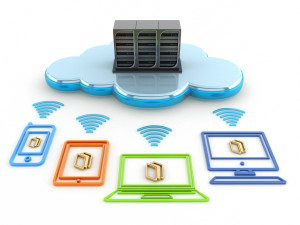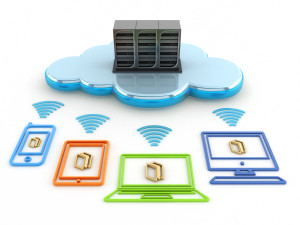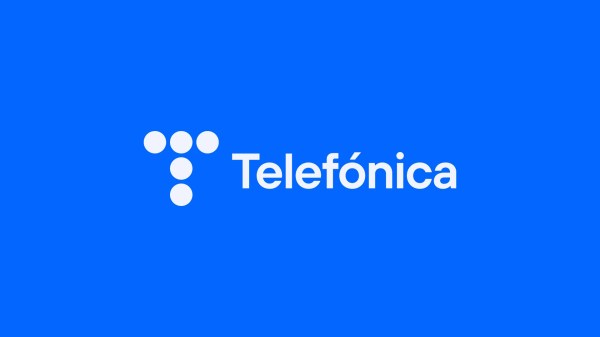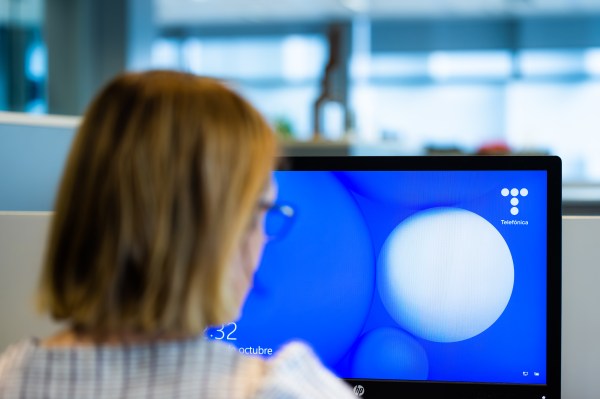We live in a world of data, of big data. Our digital and physical interactions are increasingly leaving digital traces behind, which leads to a big data revolution.
Mobile phones are a powerful source of large-scale human behavioral data as it is the most widely adopted piece of technology in human history. In addition, mobile phones are personal devices that we carry with us all the time and are always connected, leaving a digital trace behind. Therefore, they can be seen as sensors of large-scale human activity.
Interestingly and very importantly, the analysis of mobile phone data can be done anonymously (i.e. without looking at any personal information) and in an aggregated fashion (i.e. always reporting aggregated results, never individually). For example, by only counting the total number of phone calls that each cell tower is handling or the number of phones that move between towers.
Since 2008 we have been carrying out research in the area of Big Data for Social Good to understand the value of large-scale human behavioral data (as it is captured passively by the mobile network infrastructure) for positive social impact. And we have been able to shed light on the potential of Big Data for positive social impact.
Our projects in this area have arrived to important findings that are of great interest to governments and international health, development or emergency support organizations. In particular, in questions such as the impact that decisions made by governments have on the propagation of a pandemic, the automatic inference of socio-economic status in a developing nation, the detection of floods from significant changes in the pattern of activity in cell towers or the understanding of which factors play a role in the safety of a city.
However, these projects are just a seed. For this seed to grow into a tree, there is a need to collaborate with the institutions that know the realities of the countries of study and have the decision making power to implement some of the findings. In addition, there should be a combination of mobile data with other types of data –such as transportation and traffic reports, weather and natural disaster information, emergency services locations….—to fully reach the potential of Big Data for Social Good.
And the tree is starting to grow. We have already ongoing collaborations with United Nations Global Pulse, the World Food Project, the Mexican Government, the DataPopAlliance, the GSMA and with MIT among others.
However our goal is to plant a forest: A forest of big data for social good. While the promise of using big data for social good is large, so are the challenges encountered to be able to realize this promise, as has become clear in light of the recent Ebola outbreak –the worst in our history, with almost 5,000 deaths and over 13,000 infections. Unfortunately and despite the existence of large-scale human behavioral data that could be tremendously useful to help combat Ebola, we are only now – a few months after the outbreak — starting to put into place coordinated efforts towards the analysis of mobile phone network data and what this tells about the spread of the disease.
Understandably, an important concern is the impact on privacy. The good news is that extensive research conducted by a range of academic teams demonstrates that it is possible to both analyze large-scale human behavioral data (e.g. levels of activity at the cell tower level, mobility patterns…) and preserve privacy. All data is typically anonymized using state-of-the-art encryption algorithms. In addition, data is usually analyzed in a highly secure and protected environment (e.g. the mobile operator premises) by authorized personnel. No analysis should be undertaken that would ever identify individuals. In addition, only the resulting aggregated, non-sensitive analyses (e.g. population mobility estimates, aggregate statistics…) would be made available to relevant aid or government agencies. Of course, an extremely clear code of conduct and ethical protocol would need to be followed by the authorized personnel handling anonymized individual data. A framework to share best practices among mobile phone operators and world recognized research teams would be extremely helpful in this regard.
A second challenge arises from the lack of expertise to be able to carry out such analyses in a technically sound way. However, technical difficulties should not be a barrier either, as there is a body of work illustrating how to carry out this type of analysis.
Moreover, there are highly skilled data scientists worldwide — including ourselves — and strong support from organizations, such as the ITU, ISOC, GSMA and United Nations Global Pulse — who are ready and willing to assist in the process, particularly to ensure that all data handling is carried out in an ethical and anonymous manner, always respecting local data privacy laws.
Finally, there are regulatory barriers and legal uncertainties that would need to be addressed. In particular, standards, practices and regulation would need to incorporate trust mechanisms for giving access to data for social good purposes and in specific conditions (e.g. handling of the data by trusted partners, clear code of conduct and ethics when handling personal data, definition of where and how the data would be stored, guarantees that the data will be used only for humanitarian purposes, etc…).
The potential to have positive impact and help save lives is immense. I truly hope that we can find a way to realize the full potential of big data for social good. It’s an opportunity that we cannot afford to miss.
Nuria Oliver, PhD, [email protected], @nuriaoliver









